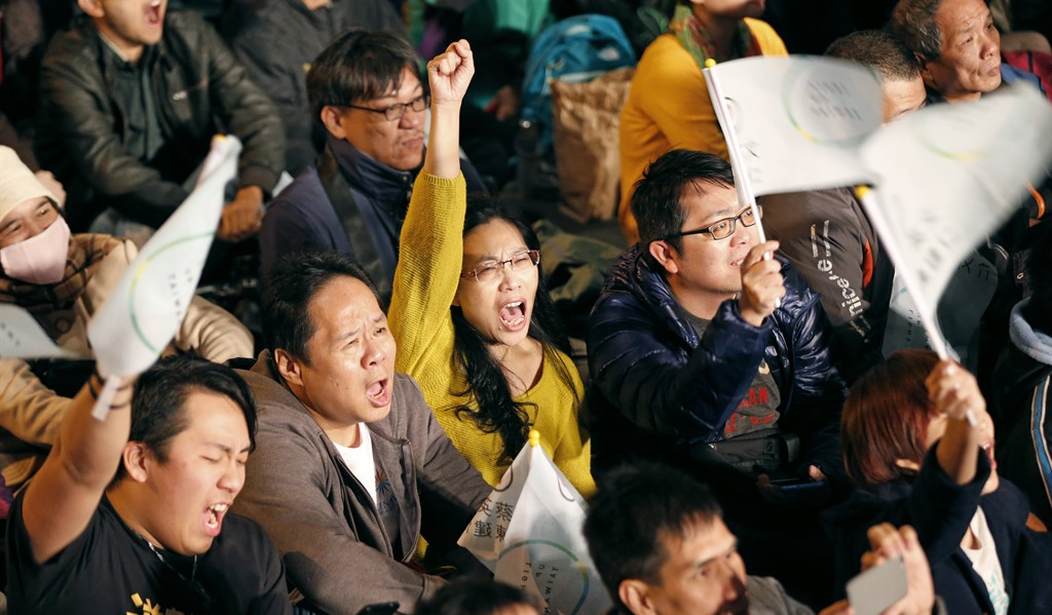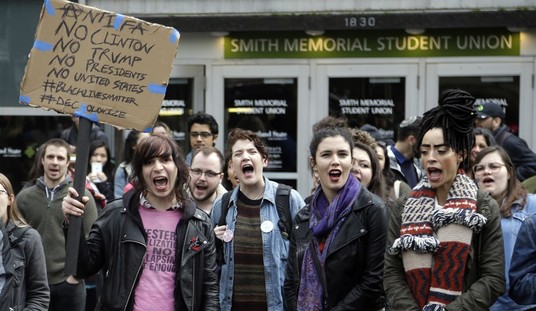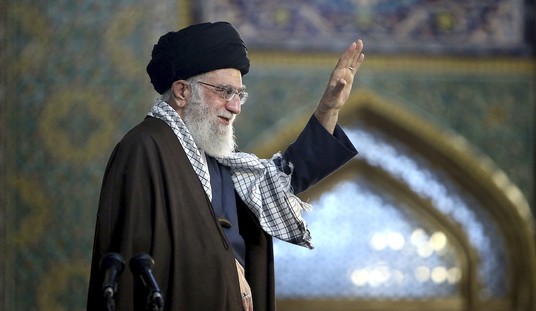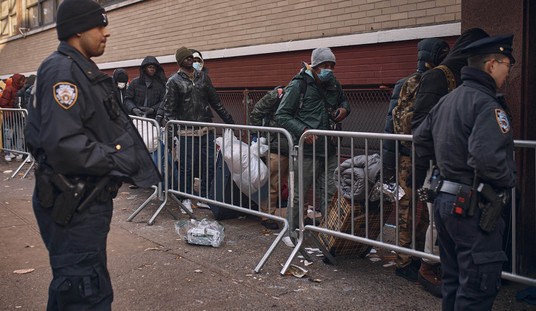Chinese communists really are cartoon villains. As I mentioned here, the presidential election in Taiwan takes place Saturday. China has been doing its best to discourage people from voting for William Lai, the current vice president and frontrunner in the race. Lai is a member of the Democratic Progressive Party (DPP) which is the most pro-independence party in the race. Today, the head of China’s Taiwan Affairs office warned voters in Taiwan not to take the “evil path” toward continued freedom.
China has warned voters in Taiwan to make the “right choice”, two days before presidential elections on the self-ruled island which Beijing claims…
“[He] would continue to follow the evil path of provoking ‘independence’ and… take Taiwan ever further away from peace and prosperity, and ever closer to war and decline,” it said in a statement.
In short, if you vote for a candidate who resists “unification” you are voting for war. Not very subtle but then China is more of a blunt instrument these days un Xi Jinping’s rule. China has another reason to be angry today. The Biden administration announced it would be sending a delegation to Taiwan after the election. This led to more stern warnings.
A senior Biden administration official confirmed the planned delegation Wednesday but did not provide details, saying its exact timing and makeup were still being decided.
The official, briefing reporters on the condition of anonymity, said such delegations were “the most effective way” for the U.S. to engage with Taiwan, with which it has unofficial relations, and that they contribute to peace and stability.
The Chinese Foreign Ministry said Thursday that China opposes “any form of official exchange” between the U.S. and Taiwan, calling Taiwan’s election an “internal affair.”
The U.S. should “cease official interactions with Taiwan, refrain from sending any mistaken signals to separatist forces, and avoid any form of interference in Taiwan’s regional elections,” spokesperson Mao Ning said at a regular news briefing in Beijing.
The whole strategy here is to deny the obvious, i.e. that Taiwan is already an independent entity with its own history and, for the past 30 years, democratic elections. Dealing with Taiwan is not an “internal affair” for China. That’s what they wish was the case. Indeed, even as it denounces US interference, China has done everything it can to sway this election in favor of the pro-mainland KMT party.
In an effort to increase the chances of the Kuomintang presidential candidate, Hou Yu-ih, China appeared to pressure a billionaire businessman, Terry Gou, who operates factories in China making Apple products, to drop out of the race. Gou claimed to have backing from Mazu, a sea goddess, but the Communist Party must have prevailed over the goddess: Gou did indeed drop out.
Meanwhile, networks on Facebook and TikTok are spreading Chinese propaganda in Taiwan as part of an election manipulation strategy, according to a research organization here. The networks mostly disparage Lai and other Democratic Progressives while raising suspicions about the United States.
China has lately sent a series of intimidating large balloons — perhaps weather or surveillance balloons — over Taiwan. Some see the purpose as rattling the Taiwanese in the run-up to the election and warning them of the risks of electing Democratic Progressives.
This DW report posted earlier today is about 10 minutes long but does a great job of putting the three competing parties in focus: the DPP, the KMT and the TPP. It also gives you a sense of how street level campaigning is done in Taiwan. This election could turn out to be one of the most significant in the world this year depending not just on the outcome but how China responds to it.








Join the conversation as a VIP Member